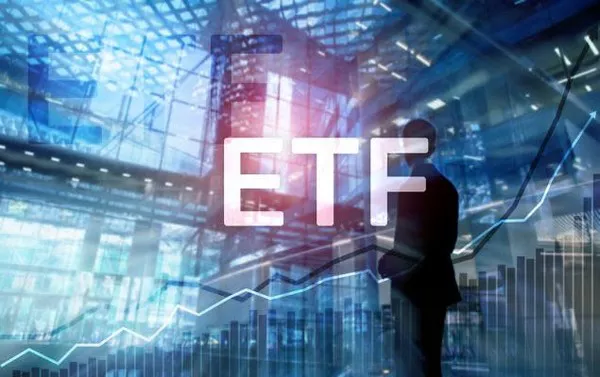An Exchange-Traded Fund (ETF) is a type of investment fund that holds a collection of assets, such as stocks, bonds, or commodities, and trades on an exchange, similar to a stock. ETFs offer investors diversified exposure to various asset classes and investment strategies, making them popular investment vehicles for individuals and institutions alike.
Issuer of an ETF
The issuer of an ETF is the entity responsible for creating, registering, and managing the ETF. This could be a financial institution, such as a bank or asset management company, that oversees the operations and administration of the ETF.
Creation and Redemption Process
The creation and redemption process is a unique feature of ETFs that helps to keep the price of the ETF close to its underlying net asset value (NAV). Authorized participants, typically large financial institutions, work with the ETF issuer to create or redeem ETF shares based on supply and demand in the market. This process involves exchanging a basket of underlying assets for ETF shares (creation) or ETF shares for a basket of underlying assets (redemption), ensuring efficient price discovery and liquidity in the ETF market.
Legal Structure
The legal structure of ETF issuers may vary depending on the jurisdiction and regulations. In the United States, for example, ETFs are typically structured as open-end investment companies (mutual funds) or unit investment trusts (UITs), each with its own regulatory requirements and tax implications. Understanding the legal structure of an ETF issuer is essential for investors to assess the regulatory framework and investor protections in place.
Regulatory Oversight
ETF issuers are subject to regulatory oversight from government agencies and regulatory bodies to ensure compliance with securities laws and investor protection measures. In the United States, the Securities and Exchange Commission (SEC) regulates the ETF industry, setting standards for disclosure, transparency, and operational integrity. Regulatory oversight helps to maintain investor confidence and market integrity in the ETF market.
Responsibilities of ETF Issuers
ETF issuers have various responsibilities, including:
1. Portfolio Management: ETF issuers are responsible for managing the underlying assets of the ETF to achieve the investment objectives and goals set forth in the fund’s prospectus.
2. Setting the Investment Strategy: ETF issuers determine the investment strategy, asset allocation, and risk management approach for the ETF, guiding the fund’s performance and risk profile.
3. Disclosing Information to Investors: ETF issuers are required to provide investors with timely and accurate information about the ETF, including its holdings, performance, expenses, and risks.
4. Ensuring Proper Operation of the ETF: ETF issuers oversee the day-to-day operations of the ETF, including trading, administration, and compliance with regulatory requirements, to ensure the fund operates efficiently and effectively.
Risk Factors
Investing in ETFs carries various risks, including:
1. Market Risk: ETFs are subject to market fluctuations and volatility, which can impact the value of the underlying assets and the price of the ETF shares.
2. Liquidity Risk: ETFs may experience liquidity issues, particularly in times of market stress or during periods of heightened volatility, leading to wider bid-ask spreads and potential difficulties in trading.
3. Tracking Error: ETFs may not perfectly track the performance of their underlying index or benchmark due to factors such as fees, expenses, and portfolio management decisions, leading to tracking error.
Costs and Fees
Investing in ETFs incurs costs and fees, including:
1. Management Fees: ETF issuers charge management fees for overseeing the fund’s operations and managing the underlying assets, which are typically expressed as a percentage of assets under management.
2. Trading Commissions: Investors may incur trading commissions when buying or selling ETF shares, particularly if trading through a brokerage platform that charges commission fees.
3. Other Expenses: ETFs may incur other expenses, such as administrative fees, custodial fees, and marketing expenses, which can impact the fund’s overall performance and investor returns.
Track Record and Reputation
When evaluating ETFs, investors may consider the track record and reputation of the ETF issuer. Experienced and reputable issuers with a history of successfully managing ETFs and a strong reputation in the financial industry may provide investors with greater confidence and assurance in the fund’s management and operations.
Conclusion
In conclusion, understanding the role of ETF issuers is essential for investors considering ETF investments. ETF issuers play a crucial role in creating, managing, and operating ETFs, ensuring compliance with regulatory requirements, and providing investors with access to diversified investment opportunities. By understanding the responsibilities, regulatory oversight, risks, costs, and reputation of ETF issuers, investors can make informed decisions when selecting ETFs for their investment portfolios.


